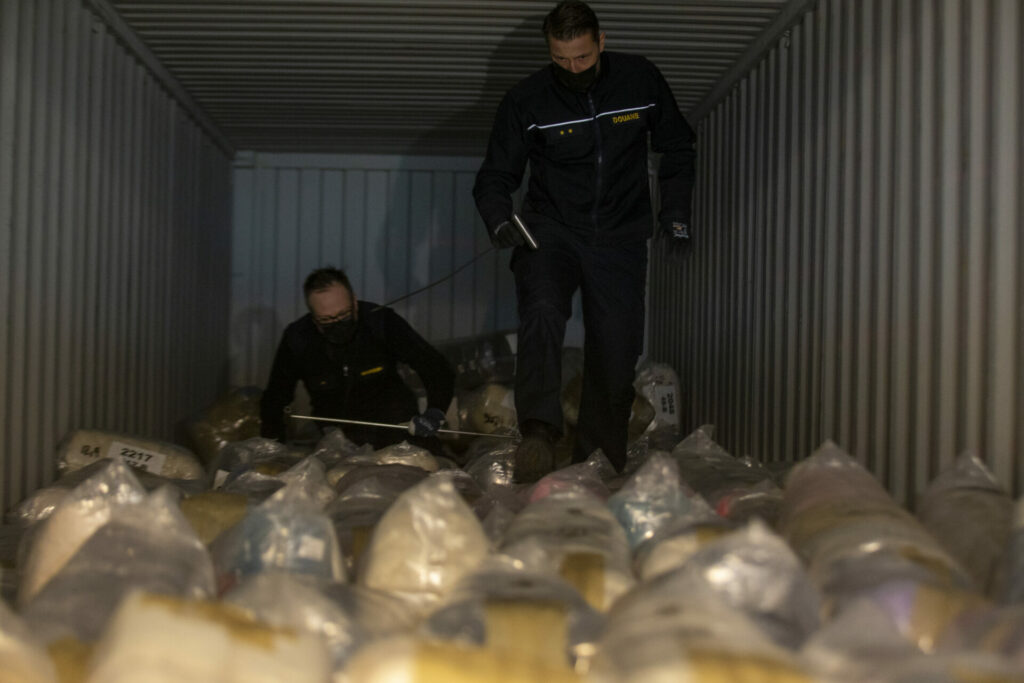Belgian Justice Minister Vincent Van Quickenborne (Open Vld) has urged European policymakers and narcotics enforcement officials to prevent fentanyl, an opioid approximately 80 times deadlier than heroin, from becoming widely available in Europe.
"We really need to make sure that fentanyl doesn't get a foothold here," Van Quickenborne told VRT, adding that customs officials are working "extremely vigilant[ly] to keep these drugs out of our country" and are currently cooperating "intensively" with the US.
Van Quickenborne cited the recent discovery by Belgian customs officials of eight tonnes of ocfentanil, a variant of the fentanyl family of drugs, as it passed through Belgium on its way to neighbouring countries. He also noted that European customs officials routinely intercept smaller packages in which fentanyl is mixed with other drugs, including paracetamol and caffeine.
A devastating epidemic
According to the Centers for Disease Control and Prevention, there were 107,622 drug overdose deaths in the US last year — 15% more than in 2020. The vast majority (80,816) of these deaths were due to opioids, with fentanyl responsible for the overwhelming majority of opioid-related deaths (71,238).
The figures for fentanyl-induced deaths, already enormous, are rapidly increasing: US deaths caused by the drug rose almost 25% from 2020 to 2021.
In contrast, the European Monitoring Centre for Drugs and Drug Addiction (EMCDDA) has reported that merely 6,000 deaths were caused by drug overdoses in the EU in 2020 — only a "slight increase" compared to 2019. Much like in the US, opioids were involved in the vast majority (roughly 75%) of these deaths. Unlike in the US, however, fentanyl deaths are "rarely" reported, with many of these occurring in the Baltic countries, particularly Estonia.
Related News
- Police dismantle international cocaine ‘super-cartel’
- Drug use in Brussels metro stations on the rise
Nevertheless, the same agency has reported that fentanyl use appears to be increasing in many European countries. "Reports of worryingly high levels of fentanyl use among injectors in Estonia have been increasing over the last decade," the agency noted.
It remarked that both Sweden and Finland "have reported localised increases in the use of fentanyl and fentanyl-related deaths in recent years", while Germany "has documented worryingly high levels of fentanyl use among opioid users, evidenced by elevated numbers of fentanyl-related deaths".
In addition, the EMCDDA pointed out that fentanyl production, which has historically been confined to China and Mexico, is now "reportedly occuring in countries bordering the European Union and occasionally within Member States themselves". Ominously, it also suggested that Europe's problems with fentanyl could get much worse years in the years to come, with the drug increasingly available for purchase over the internet.

